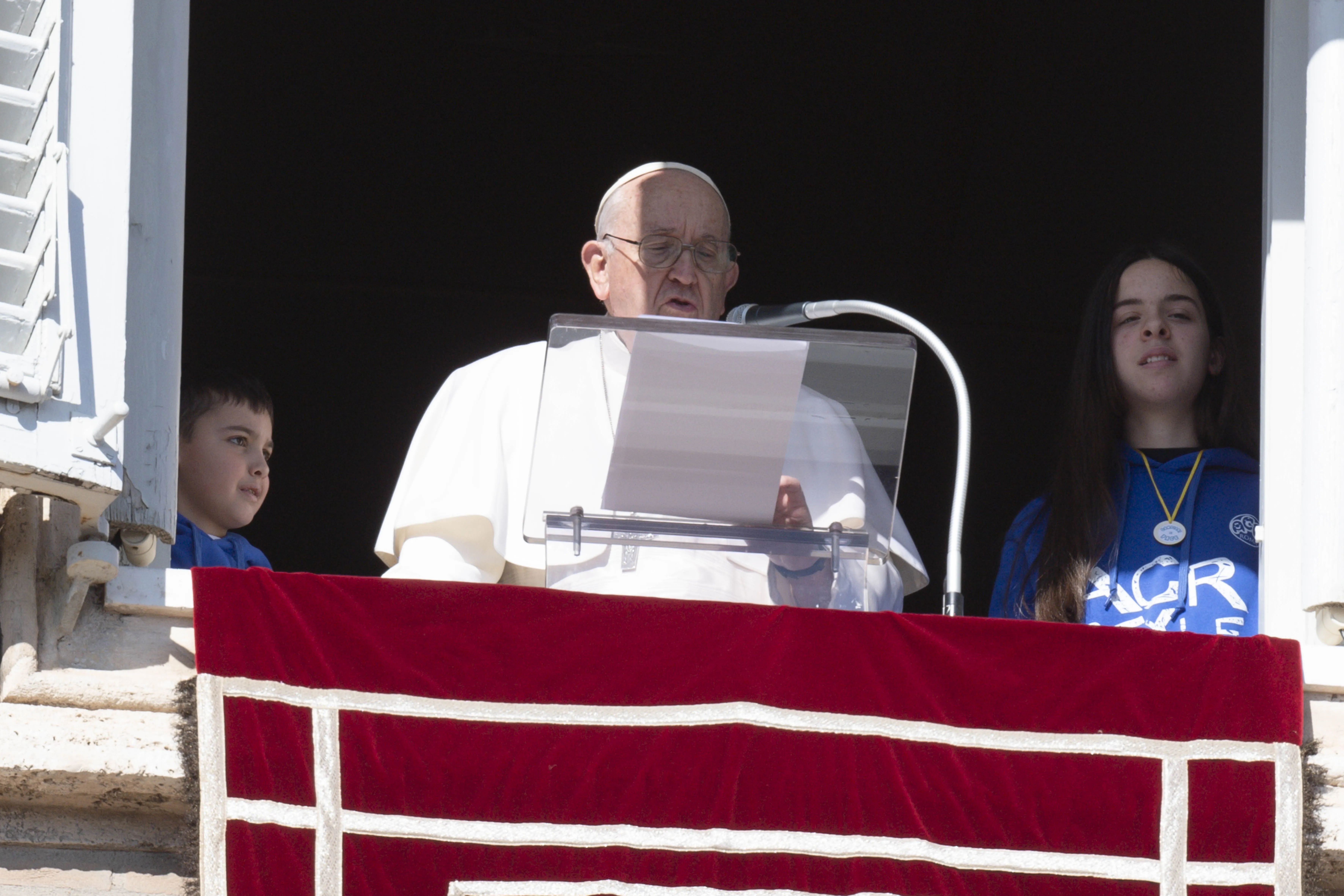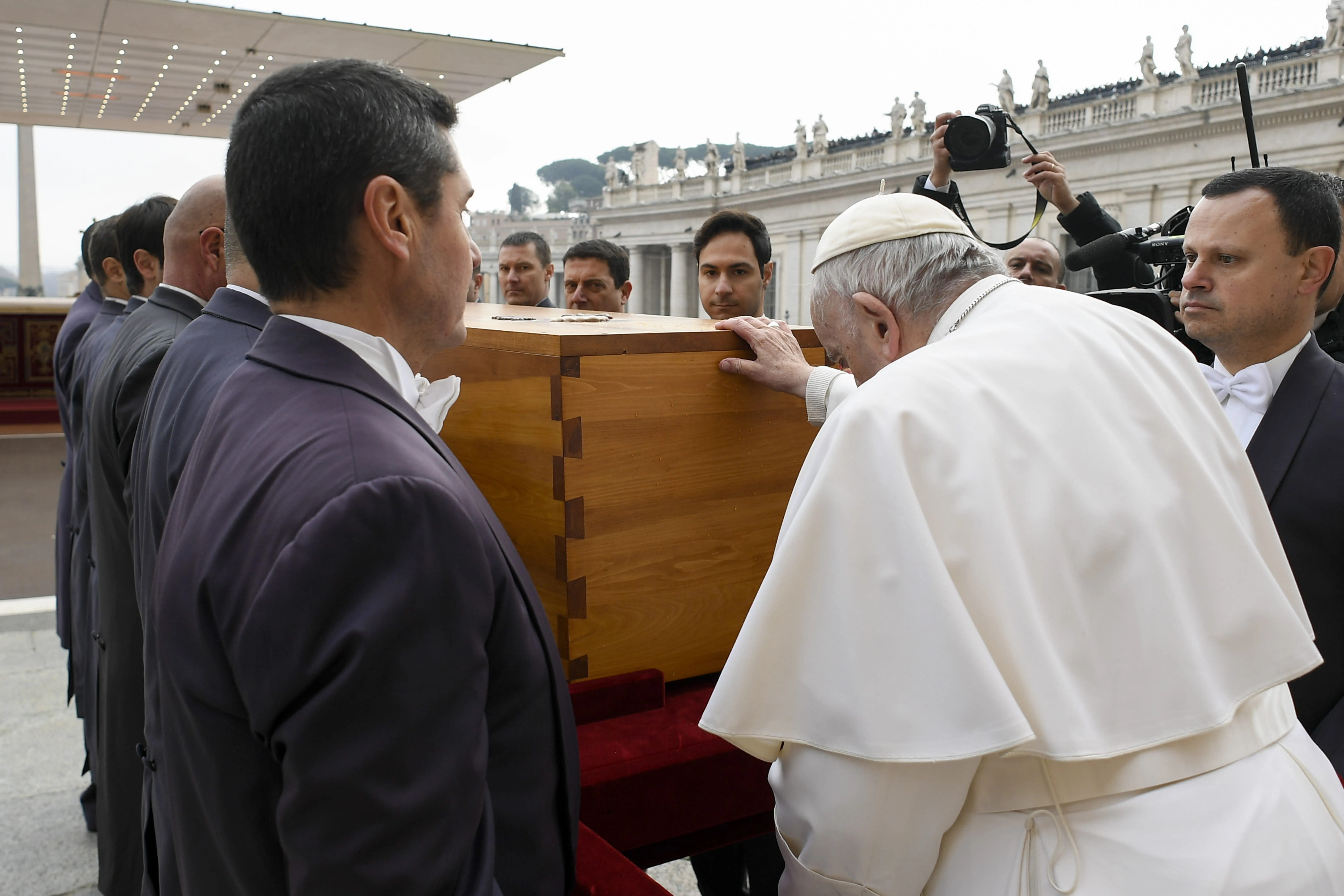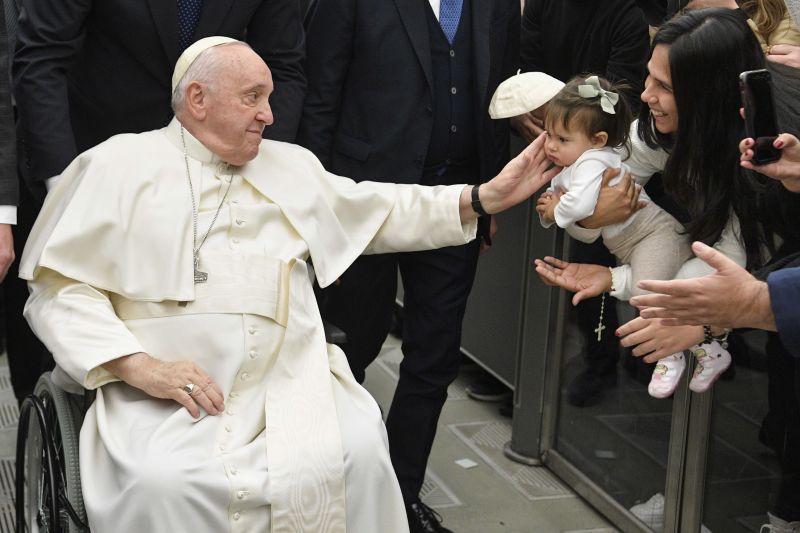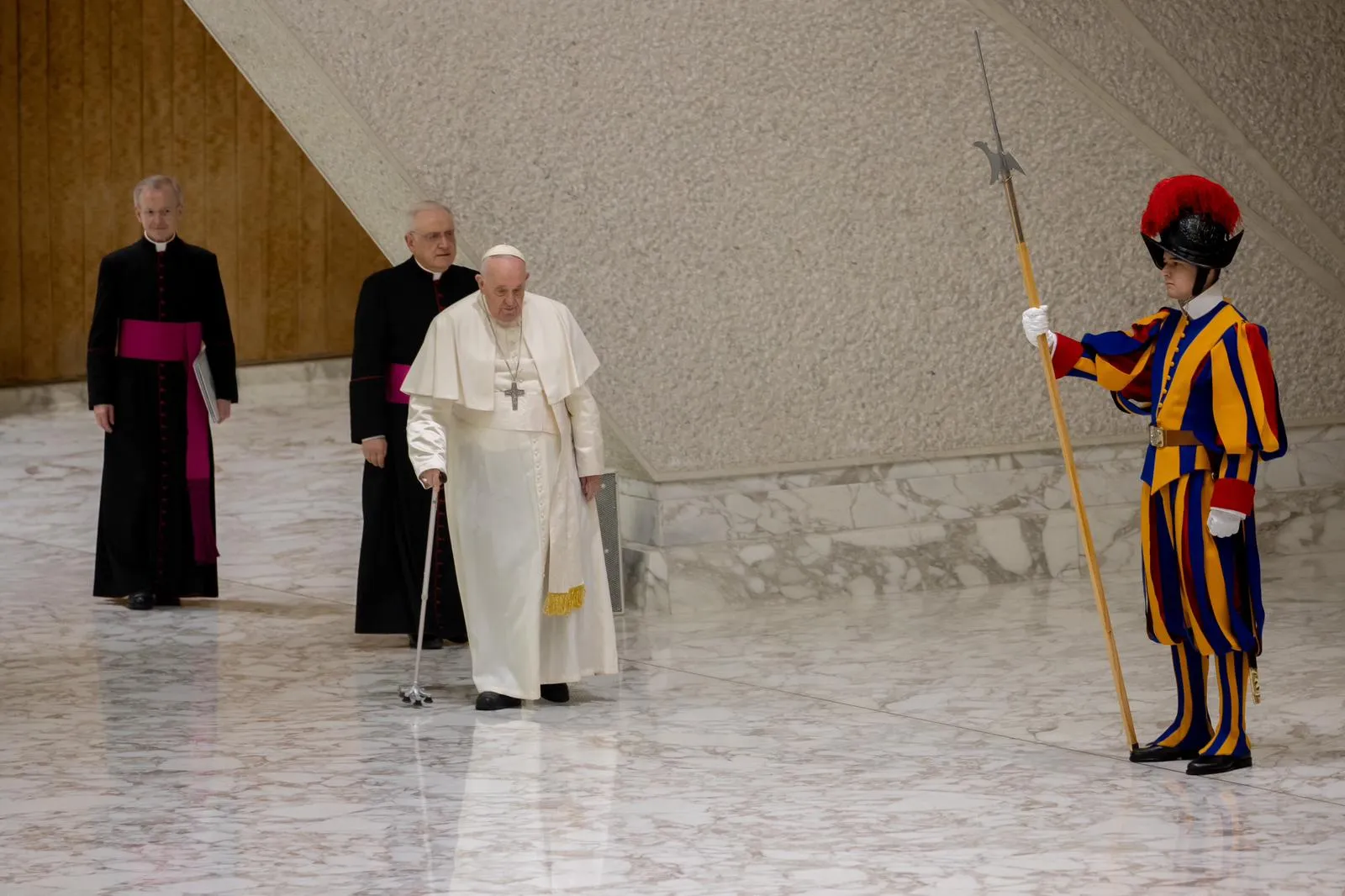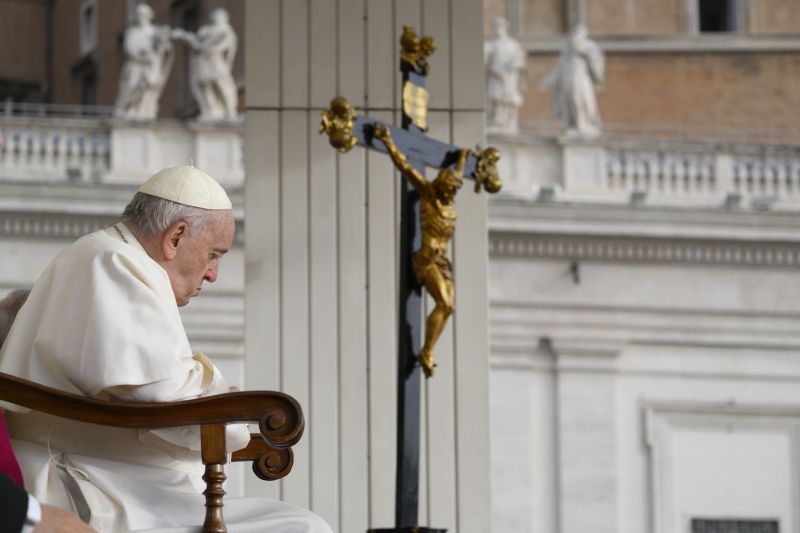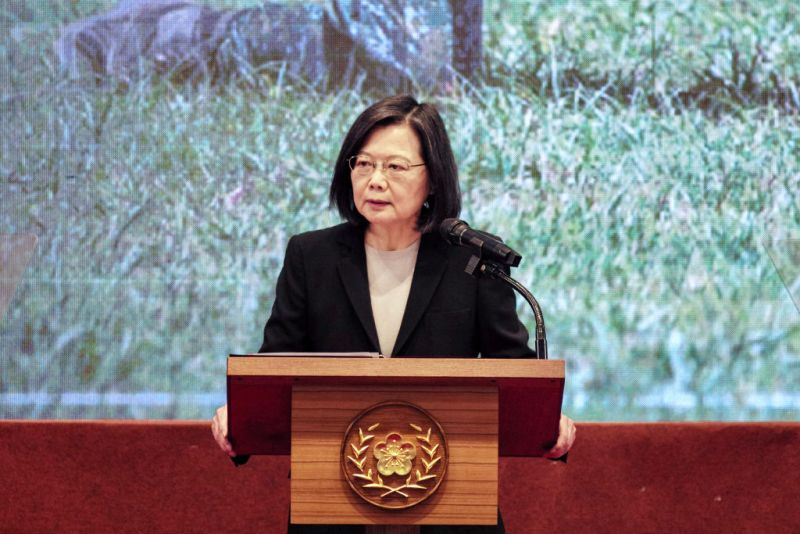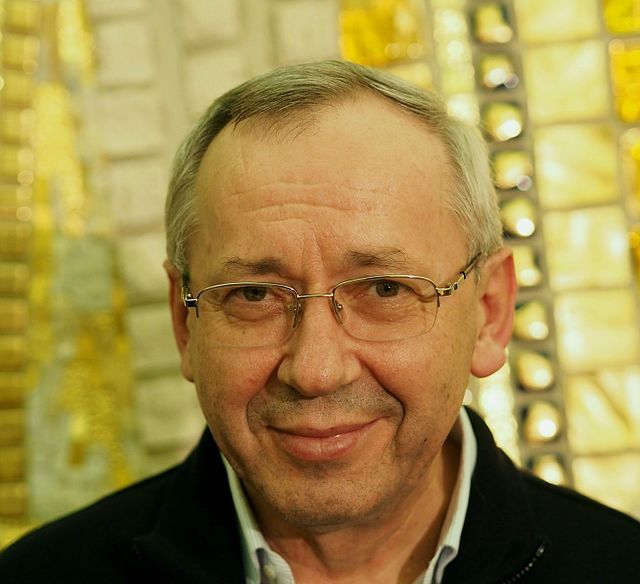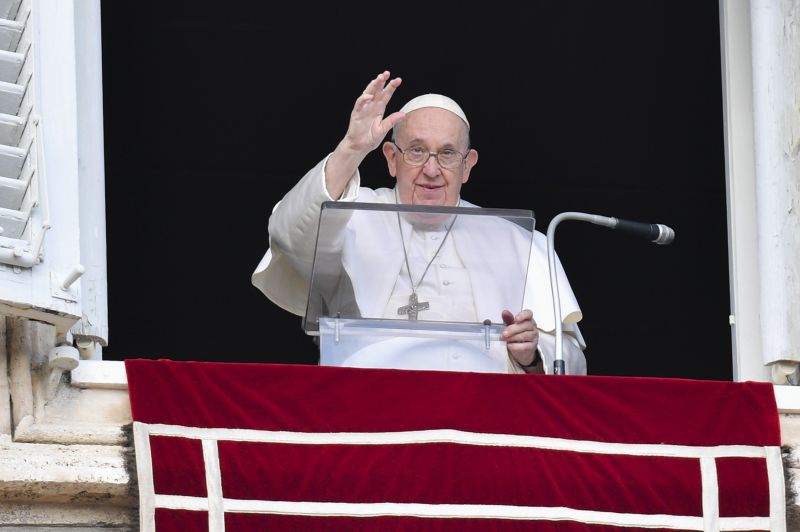 Pope Francis delivers the Angelus address on Jan. 22, 2023. / Vatican Media
Pope Francis delivers the Angelus address on Jan. 22, 2023. / Vatican Media
Rome Newsroom, Jan 24, 2023 / 08:42 am (CNA).
Pope Francis has urged Christians to “speak the truth and to do so with charity” amid polarization and divisions within the Church.
In his message for the World Day of Social Communications on Jan. 24, the pope said that everyone has the responsibility to “communicate truth with charity” in a time “marked by polarizations and contrasts — to which unfortunately not even the ecclesial community is immune.”
“We should not be afraid of proclaiming the truth, even if it is at times uncomfortable, but of doing so without charity, without heart,” Pope Francis said.
“Because ‘the Christian’s programme’ — as Benedict XVI wrote — ‘is “a heart which sees,”’” he added, quoting Benedict’s first encyclical Deus Caritas Est.
Pope Francis underlined that this call to speak the truth from the heart “radically challenges the times in which we are living” in which the truth can be exploited with disinformation. He said that “it is necessary to purify one’s heart” to see clearly and bear good fruit in communication.
“Christians in particular are continually urged to keep our tongue from evil (cf. Ps 34:13), because as Scripture teaches us, with the same tongue we can bless the Lord and curse men and women who were made in the likeness of God (cf. Jas 3:9),” he wrote.
“No evil word should come from our mouths, but rather ‘only such as is good for edifying, as fits the occasion, that it may impart grace to those who hear’ (Eph 4:29).”
The pope’s message was released on the feast of St. Francis de Sales, the patron saint of writers and journalists.
“A brilliant intellectual, fruitful writer and profound theologian, Francis de Sales was bishop of Geneva at the beginning of the 17th century during difficult years marked by heated disputes with Calvinists,” he said.
“His meek attitude, humanity, and willingness to dialogue patiently with everyone, especially with those who disagreed with him, made him an extraordinary witness of God’s merciful love.”
Pope Francis recalled that 2023 will mark the centenary of Pope Pius XI’s proclamation of St. Francis de Sales as the patron of Catholic journalists in the encyclical Rerum Omnium Perturbationem.
He noted how the saint’s words “heart speaks to heart” have inspired many generations of Christians, including St. John Henry Newman, who chose it as his motto, “Cor ad cor loquitur.”
St. Francis de Sales understood communication as “a reflection of the soul,” rather than as “a marketing strategy,” the pope said.
“One of his convictions was, ‘In order to speak well, it is enough to love well,’” he said. “For St. Francis de Sales, precisely ‘in the heart and through the heart, there comes about a subtle, intense and unifying process in which we come to know God.’”
Pope Francis said that he dreams of “an ecclesial communication that knows how to let itself be guided by the Holy Spirit … that knows how to find new ways and means for the wonderful proclamation it is called to deliver in the third millennium.”
Speaking of the Church’s ongoing “synodal process,” the pope said that there is a pressing need in the Church for “listening without prejudice” and for communication that is “balm on wounds and that shines light on the journey of our brothers and sisters.”
The pope added that with the war in Ukraine it is urgent to reject hostile forms of communication in favor of “paths that allow for dialogue and reconciliation in places where hatred and enmity rage.”
“It is terrifying to hear how easily words calling for the destruction of people and territories are spoken. Words, unfortunately, that often turn into warlike actions of heinous violence,” he said.
“This is why all belligerent rhetoric must be rejected, as well as every form of propaganda that manipulates the truth, disfiguring it for ideological ends. Instead, what must be promoted is a form of communication that helps create the conditions to resolve controversies between peoples.”
Pope Francis concluded his message, signed in the Basilica of St. John Lateran on Jan. 24, with a short prayer:
“May the Lord Jesus, the pure Word poured out from the heart of the Father, help us to make our communication clear, open, and heartfelt. May the Lord Jesus, the Word made flesh, help us listen to the beating of hearts, to rediscover ourselves as brothers and sisters, and to disarm the hostility that divides. May the Lord Jesus, the Word of truth and love, help us speak the truth in charity, so that we may feel like protectors of one another.”
